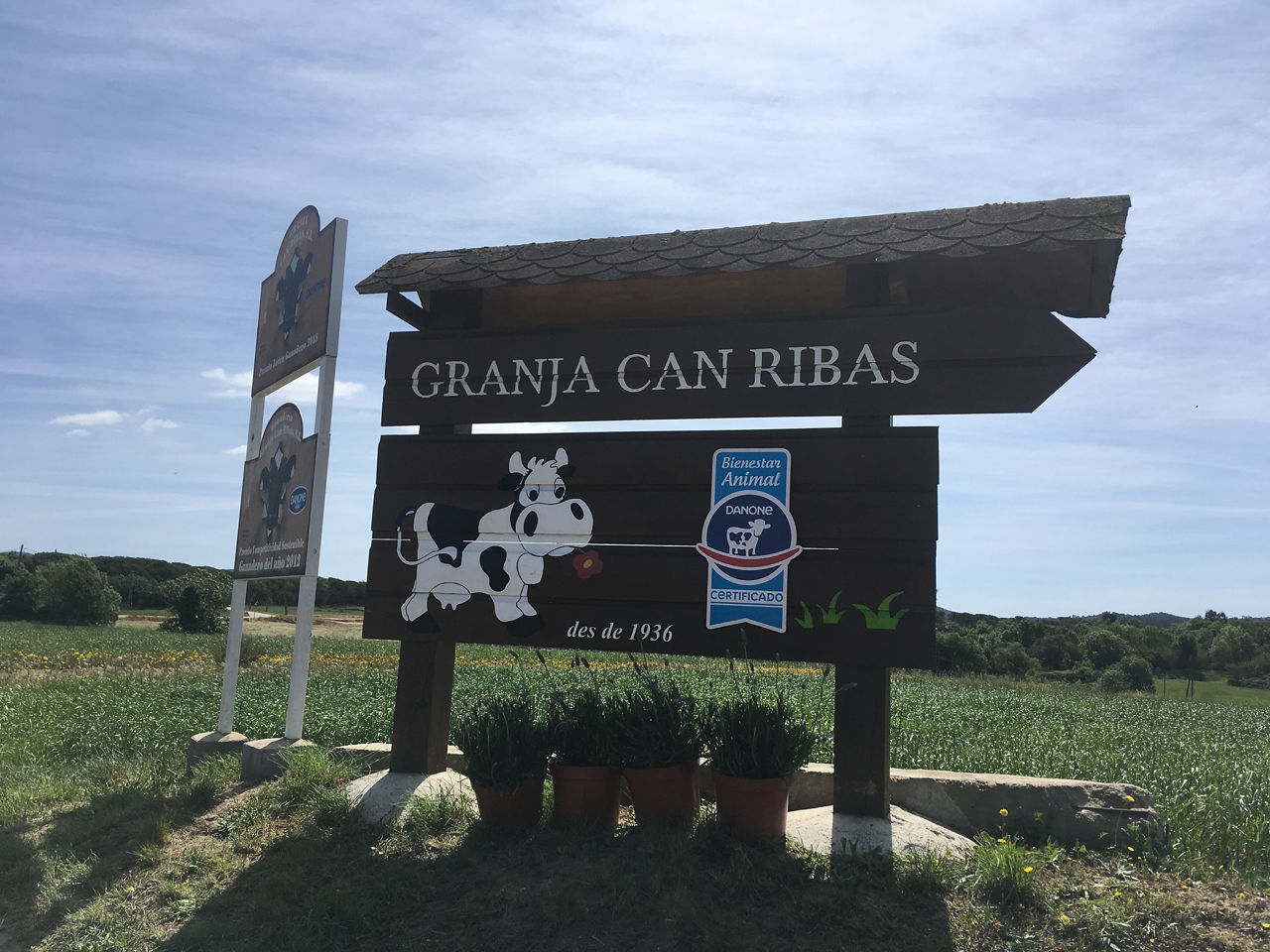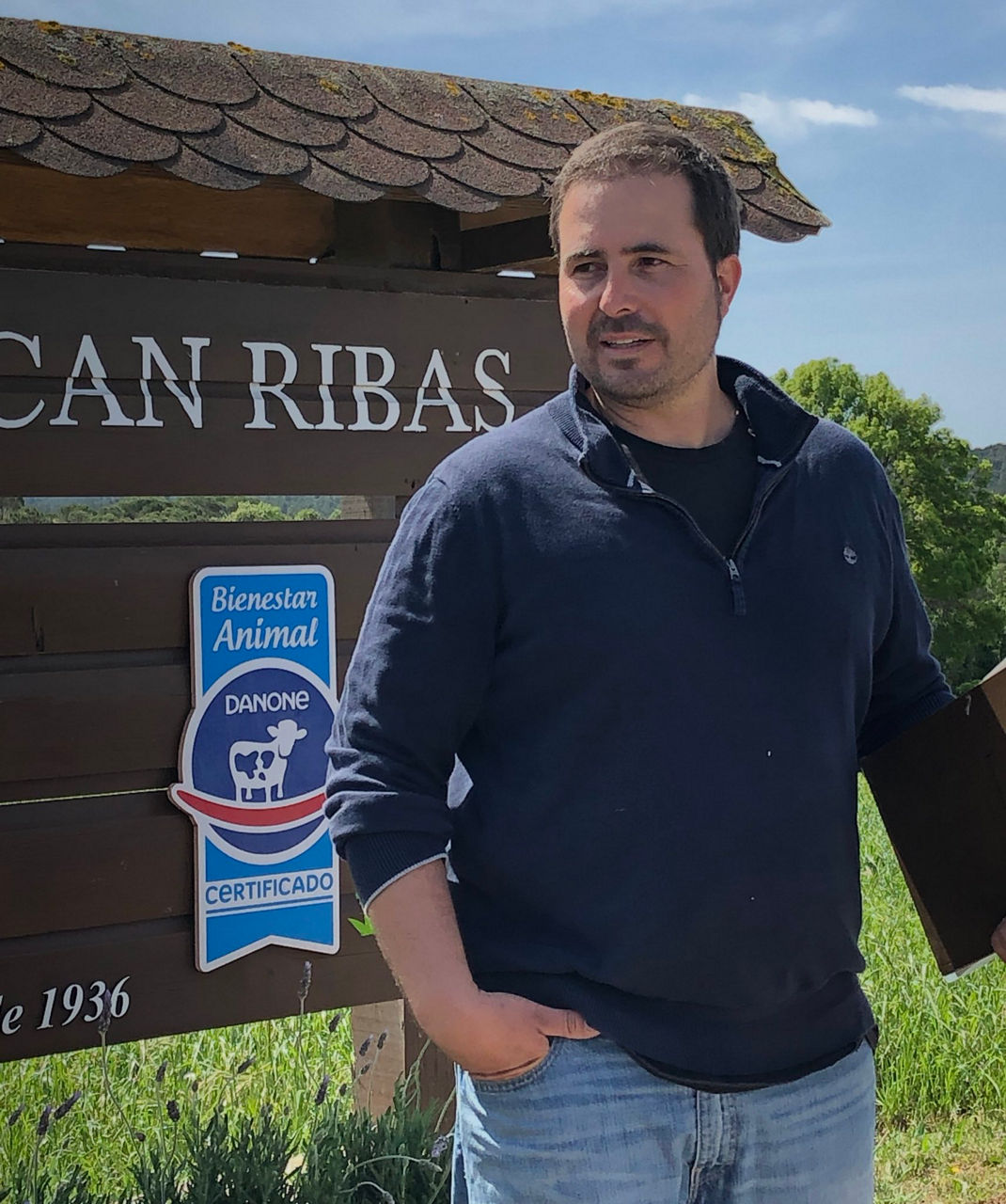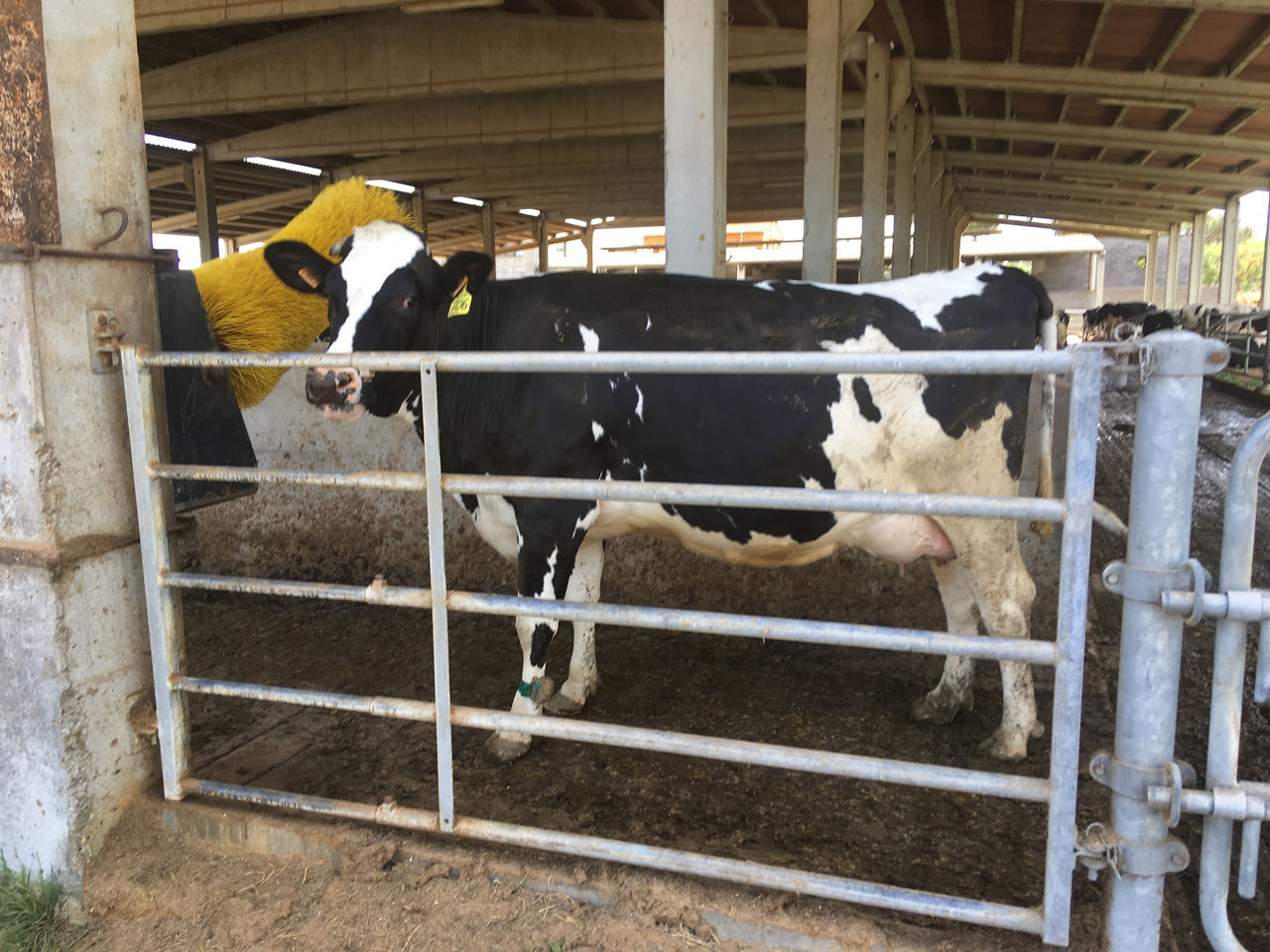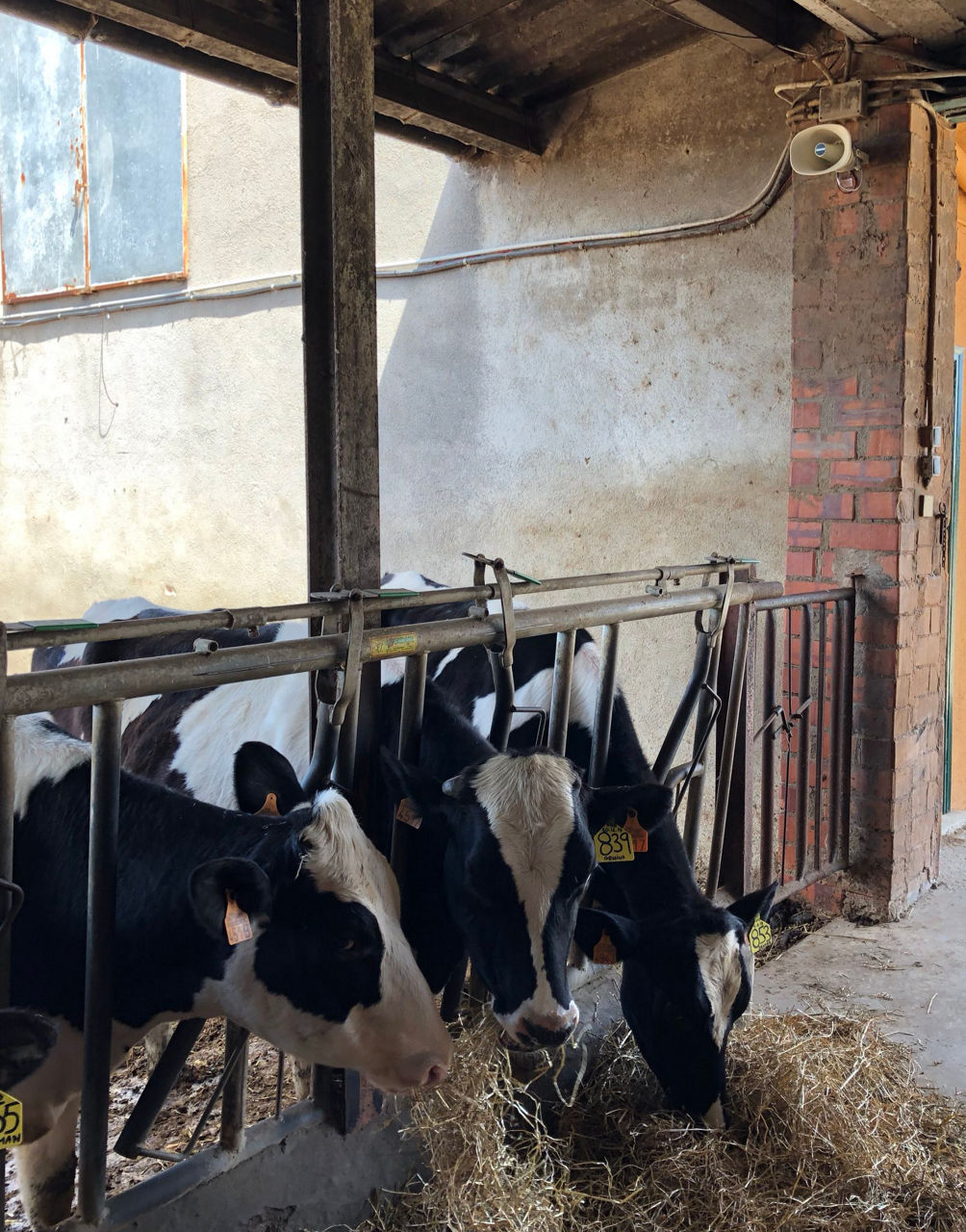At the heart of Danone’s activity is milk, and even more so, is a strong commitment to building long-term relationships of trust with farmers. This goes through supporting local employment and creating value for and with local communities. Can Ribas, located in Maçanet de la Selva (Girona, Spain), is a prime example of the close working relationship we maintain with our farmers. The captain of this family farm established in 1936 is Josep Maria, a fourth-generation farmer whose great-grandparents laid the foundation of his workplace as we know it today with a mere four cows. Over 80 years later, Josep Maria cares for more than 400 animals that produce fresh milk daily for Danone production facilities.

Proximity and quality
Proximity is a central element to ensure sustainability and optimal quality in Danone yogurt. For instance, the milk collected in Can Ribas travels only 60 kilometers to reach the production site.
The milk collected at Can Ribas goes through a triple control. The first control happens on the farm before the milk is loaded, followed by a sample collection from the tanks, which is analyzed by an independent laboratory, and finally upon arriving at the production site, before the milk is unloaded.
Every time Josep Maria milks his cows, he pays close attention to the data he extracts. This ensures a high quality and security of the raw material, but also a thorough follow-up of the well-being and health of his cows.

Animal welfare
In the 100 years that Danone has been producing yogurts, our ways of working have changed and adapted. However, we have consistently maintained our love and respect for animals.
80 years ago, Josep Maria’s ancestors collected milk from the cows by hand. Today, Can Ribas is equipped with a milking room that creates a relaxed environment for the cows using music, fans and showers that reduce heat stress, among other measures aimed at improving animal welfare. This work involves nutritionists, veterinarians, and farmers who work together to care for the health of the cows.

Sustainable farms
By 2020, we aim to reduce our CO2 emissions by 15%. In our case, the methane generated by cows when they feed is the main cause of environmental pollution. To counter that, at Can Ribas for instance, farmers use rapeseed as feed for their cows.
Danone works across the value chain to reduce the impact of our production processes. At Can Ribas, this translates into taking advantage of the waste generated by producing manure to fertilize the ray-grass fields around the farm, taking the farm’s activity one step closer to circularity.
In 2018, Danone published a Milk and Sustainable Dairy Farms Policy, with the aim of encouraging sustainable economic, social and environmental development in the farms that are our partners.

To learn more about Josep Maria and Can Ribas, watch the video below:
